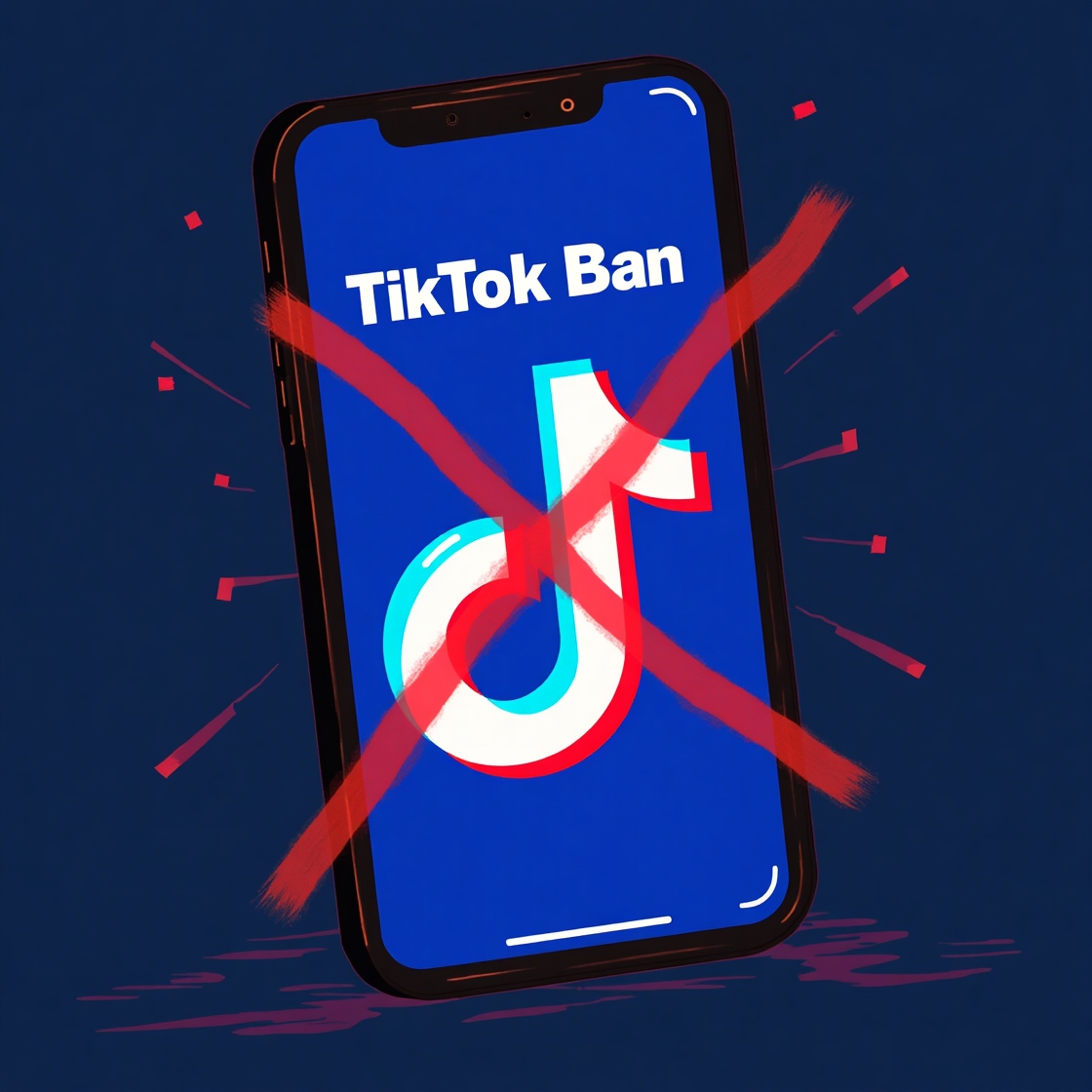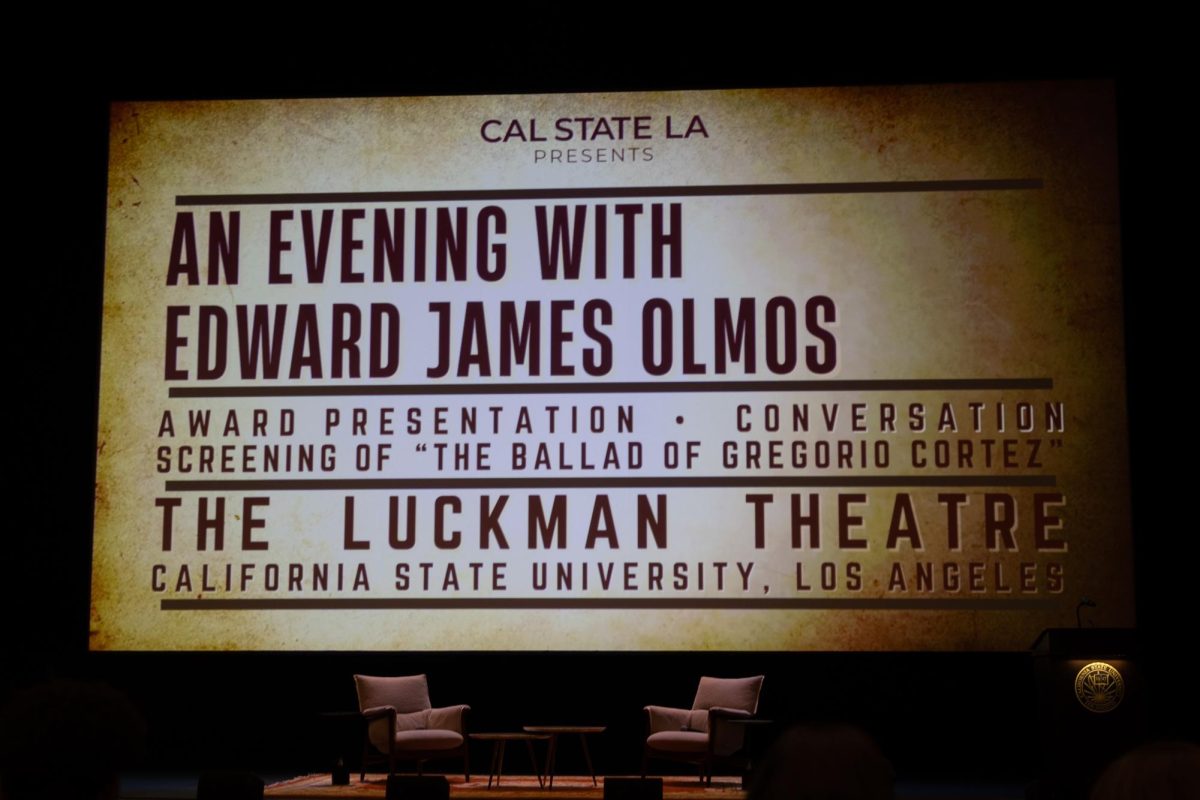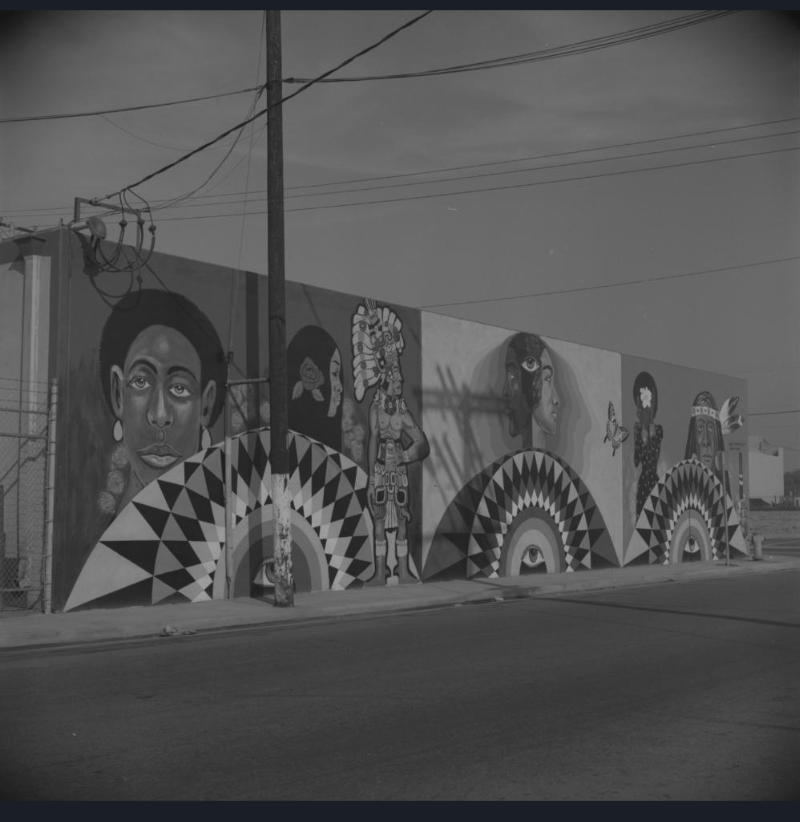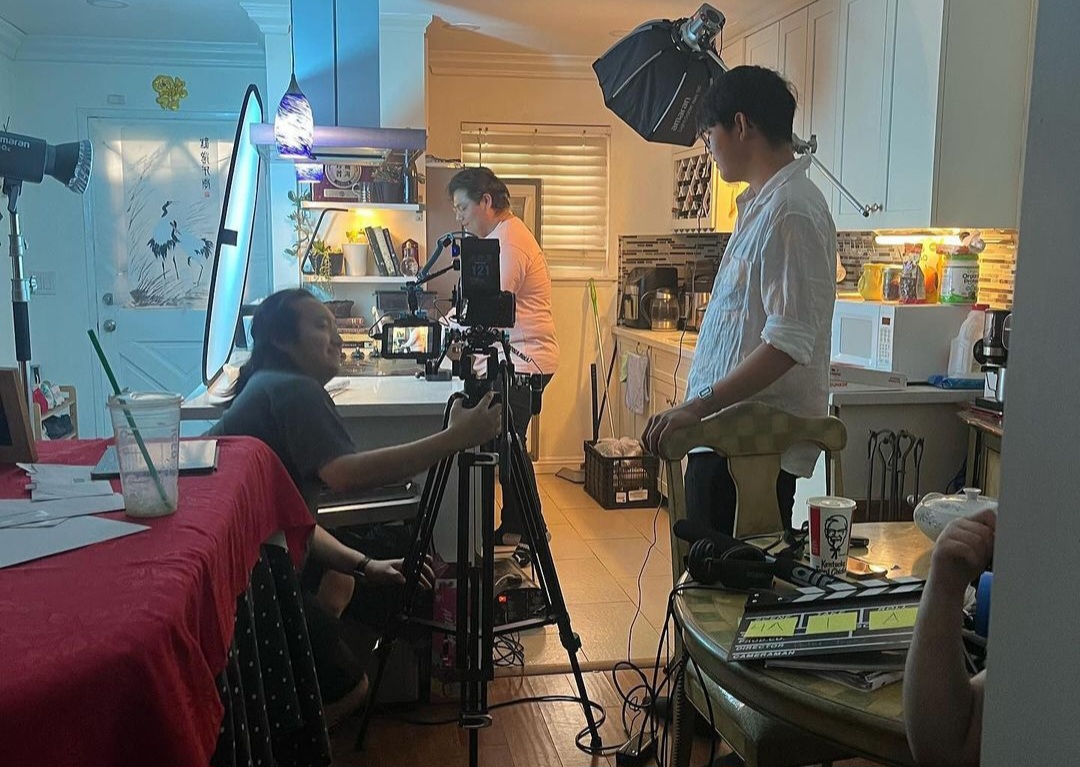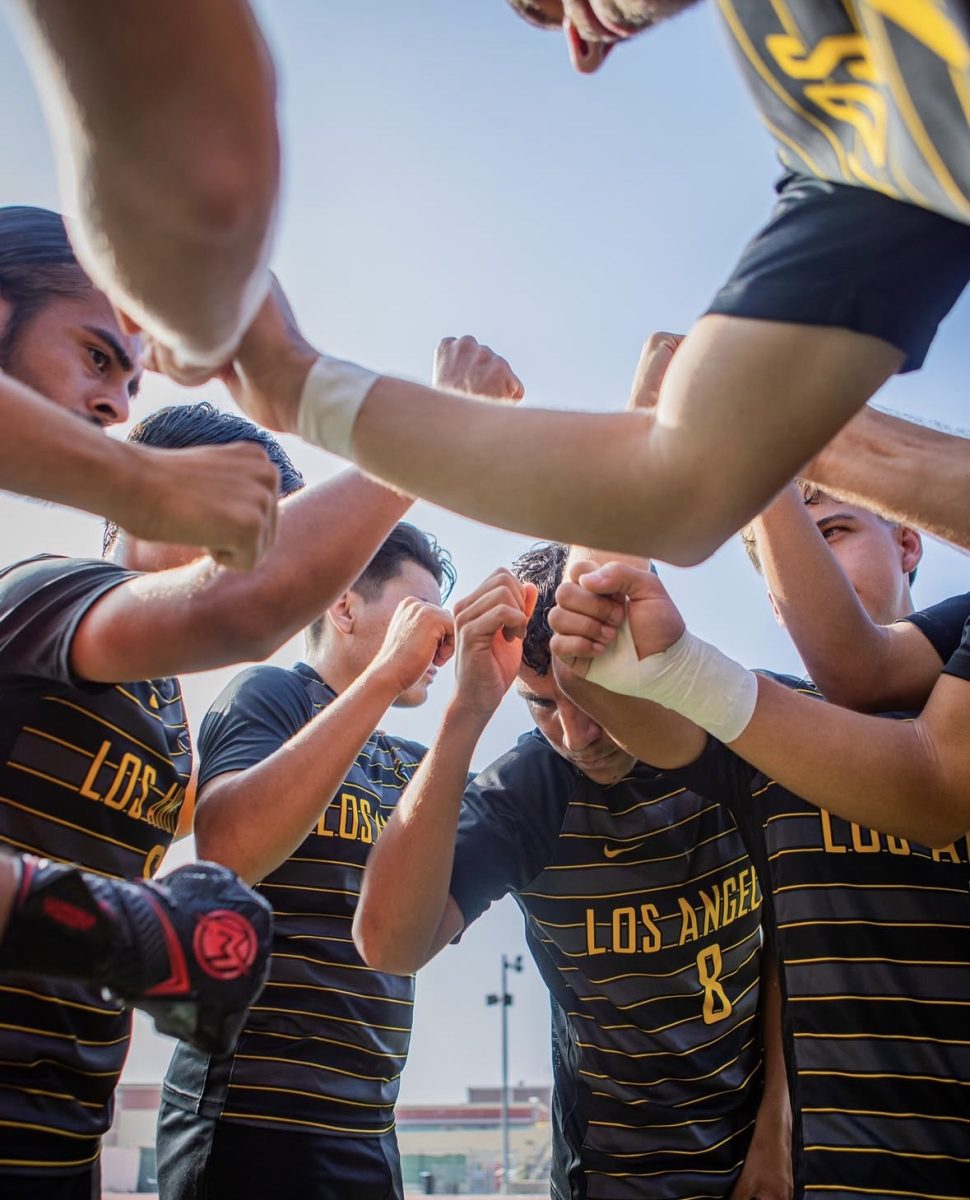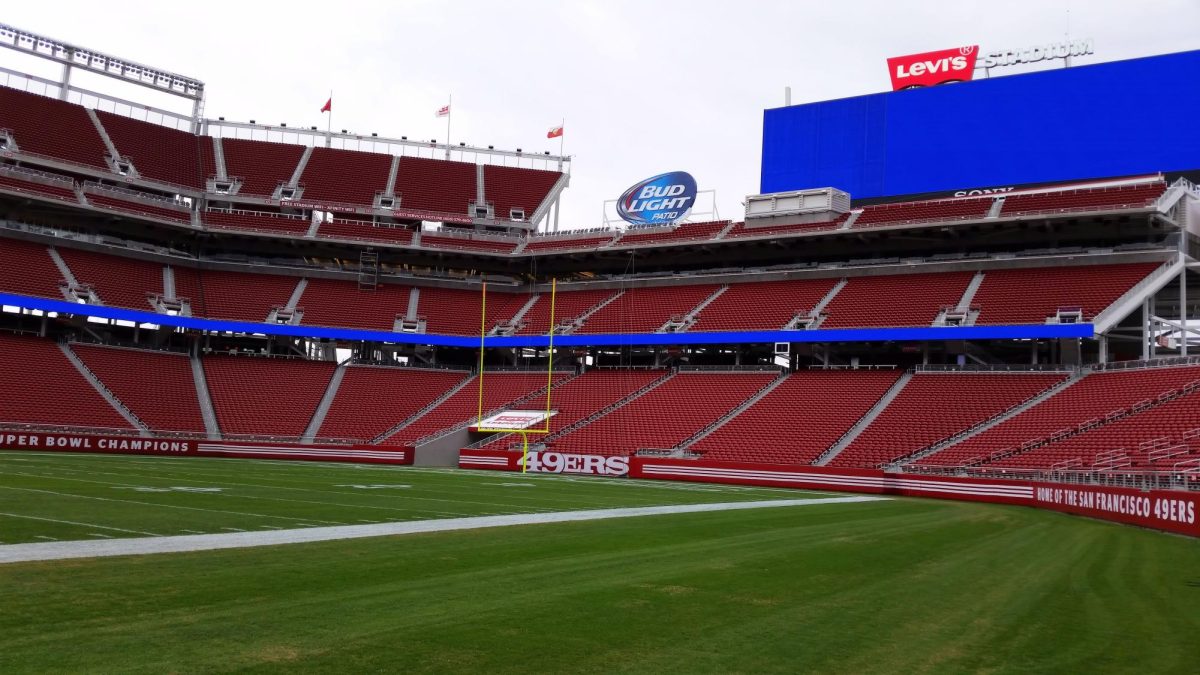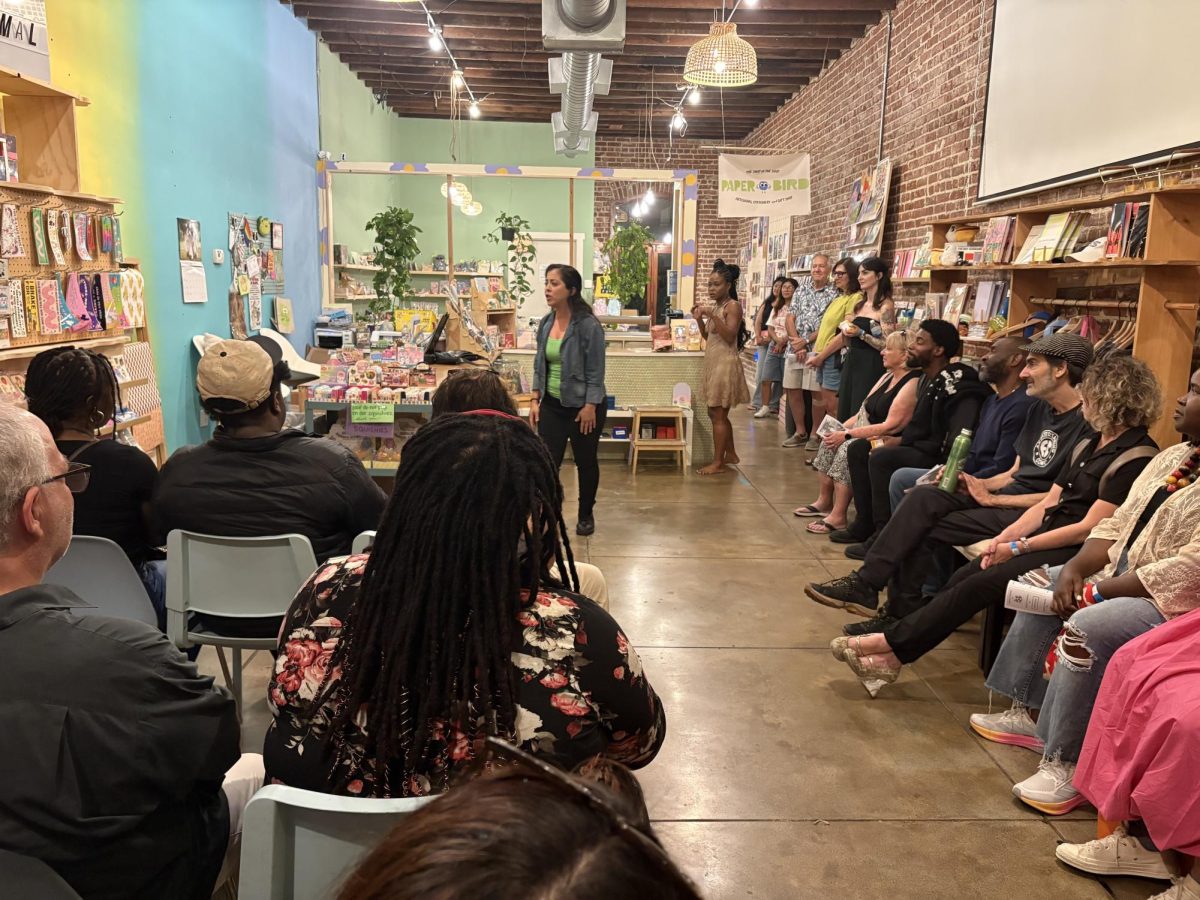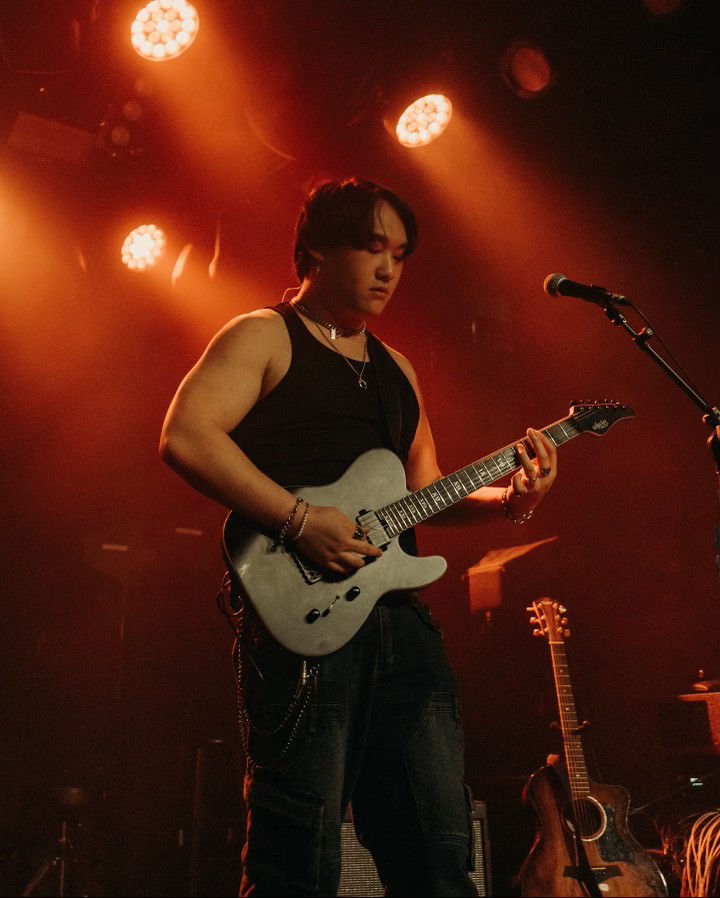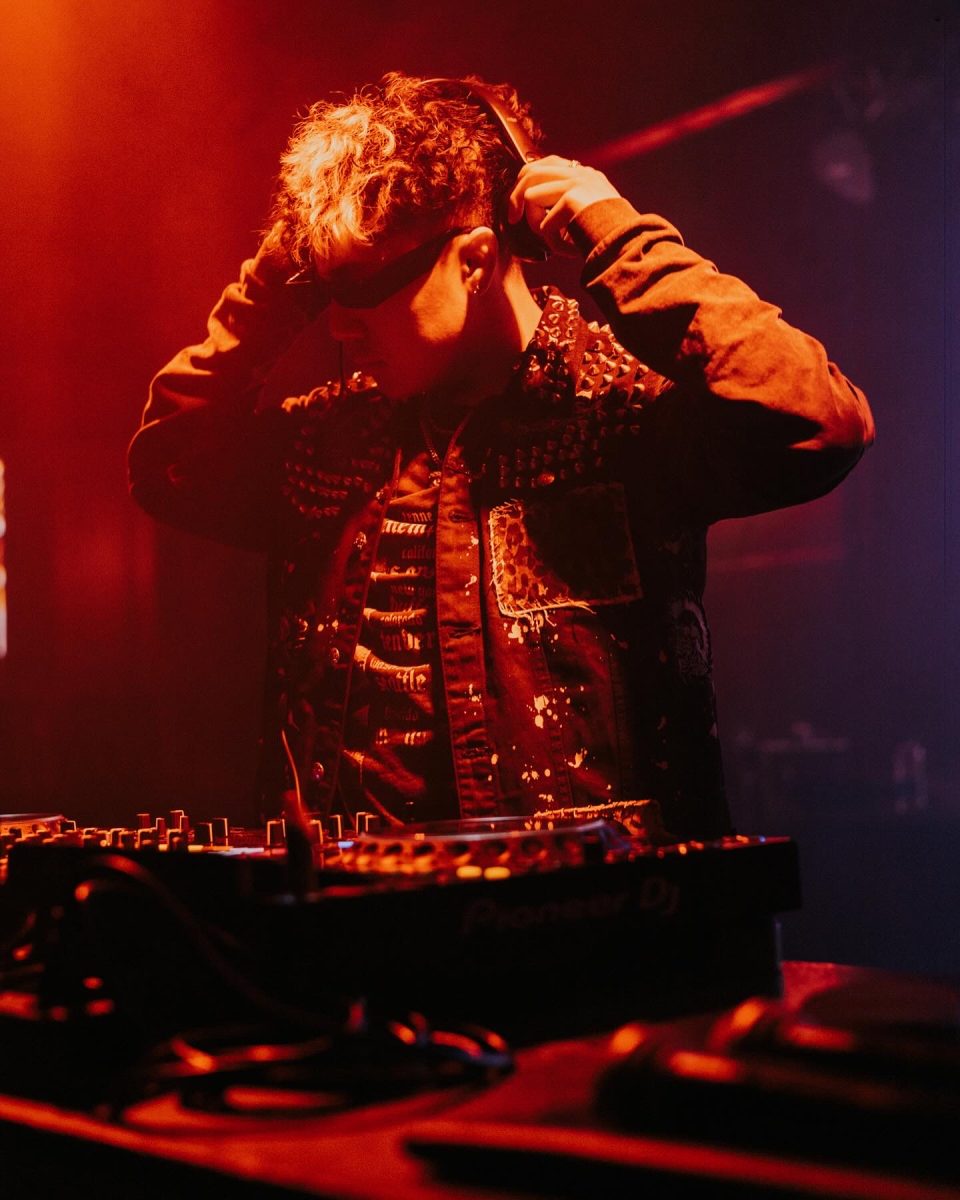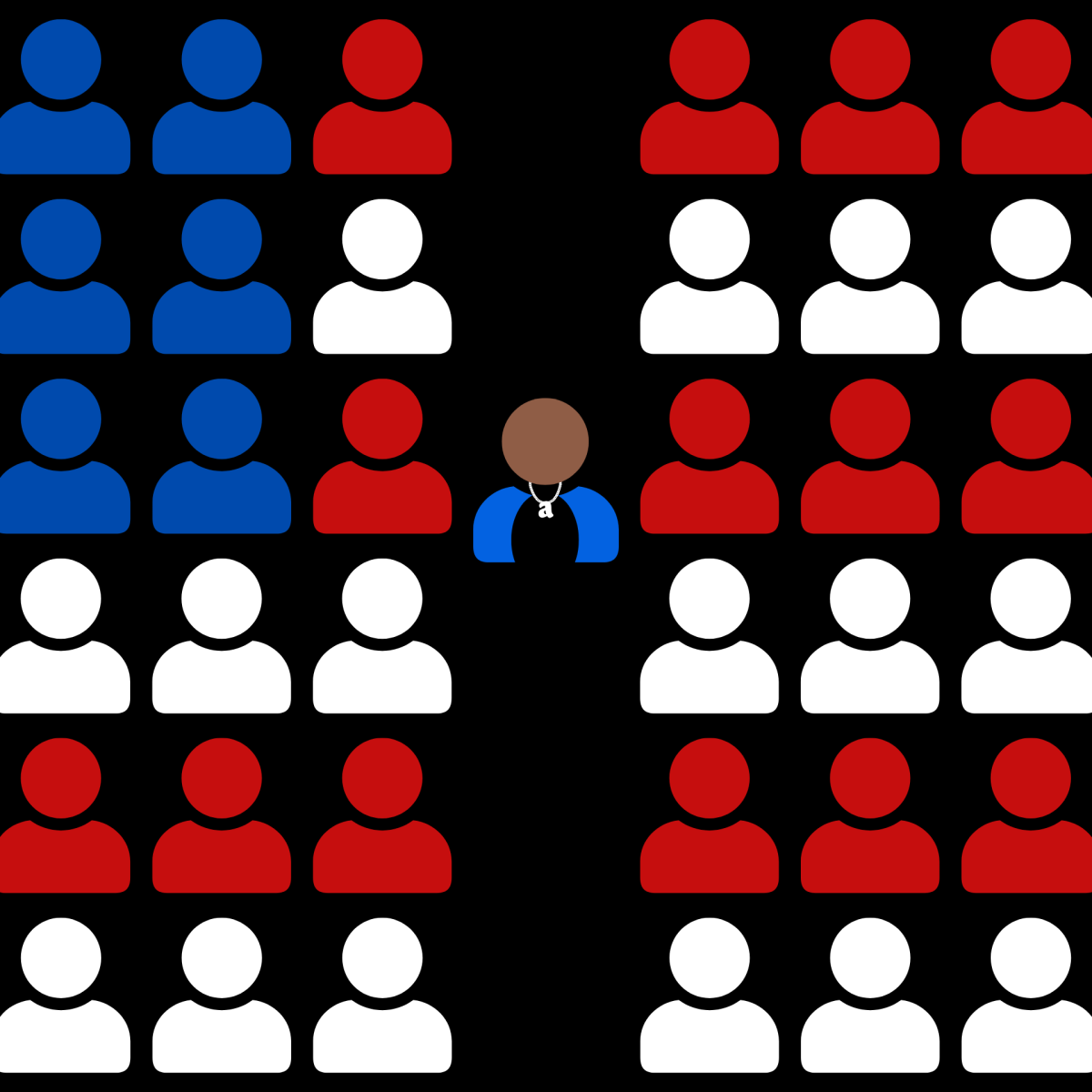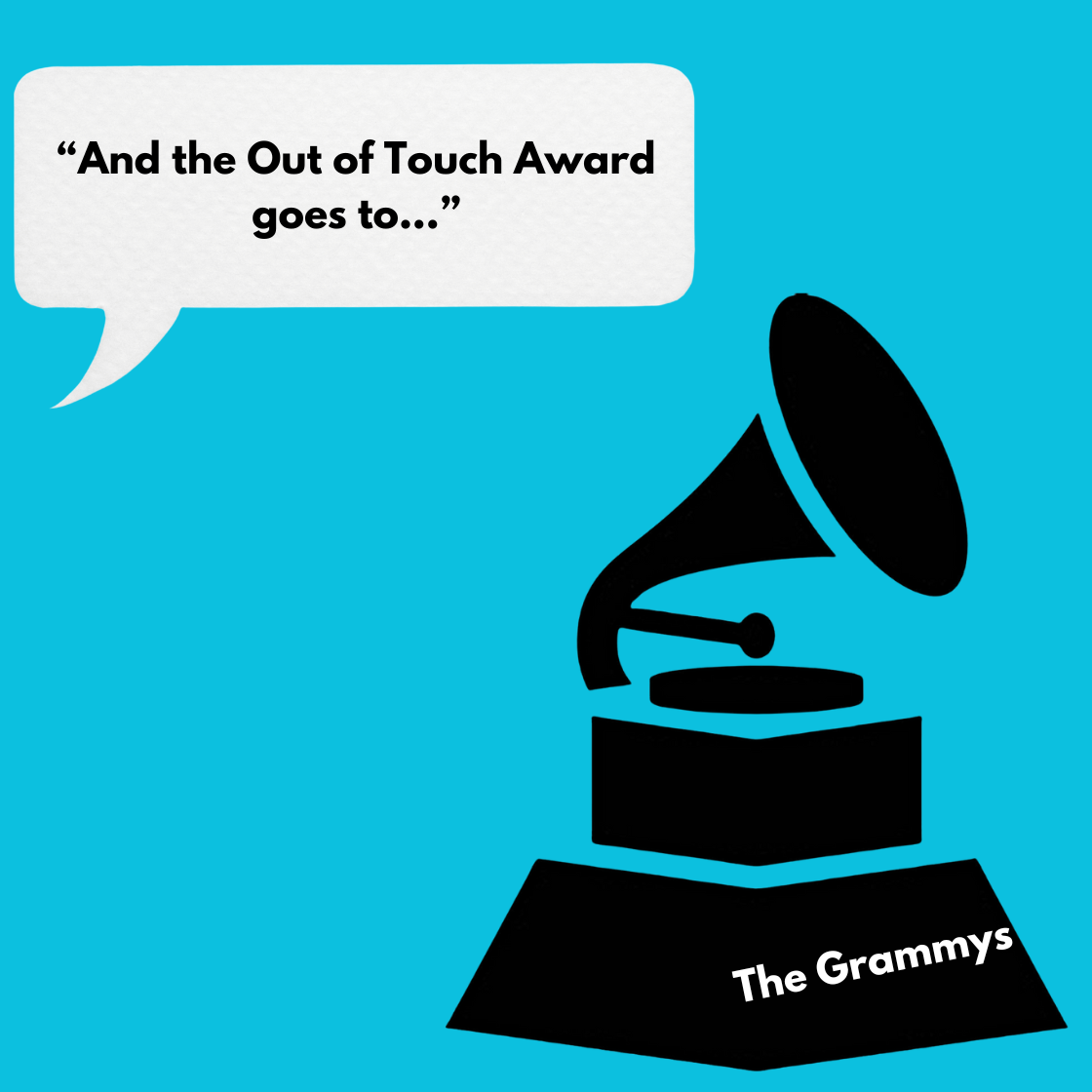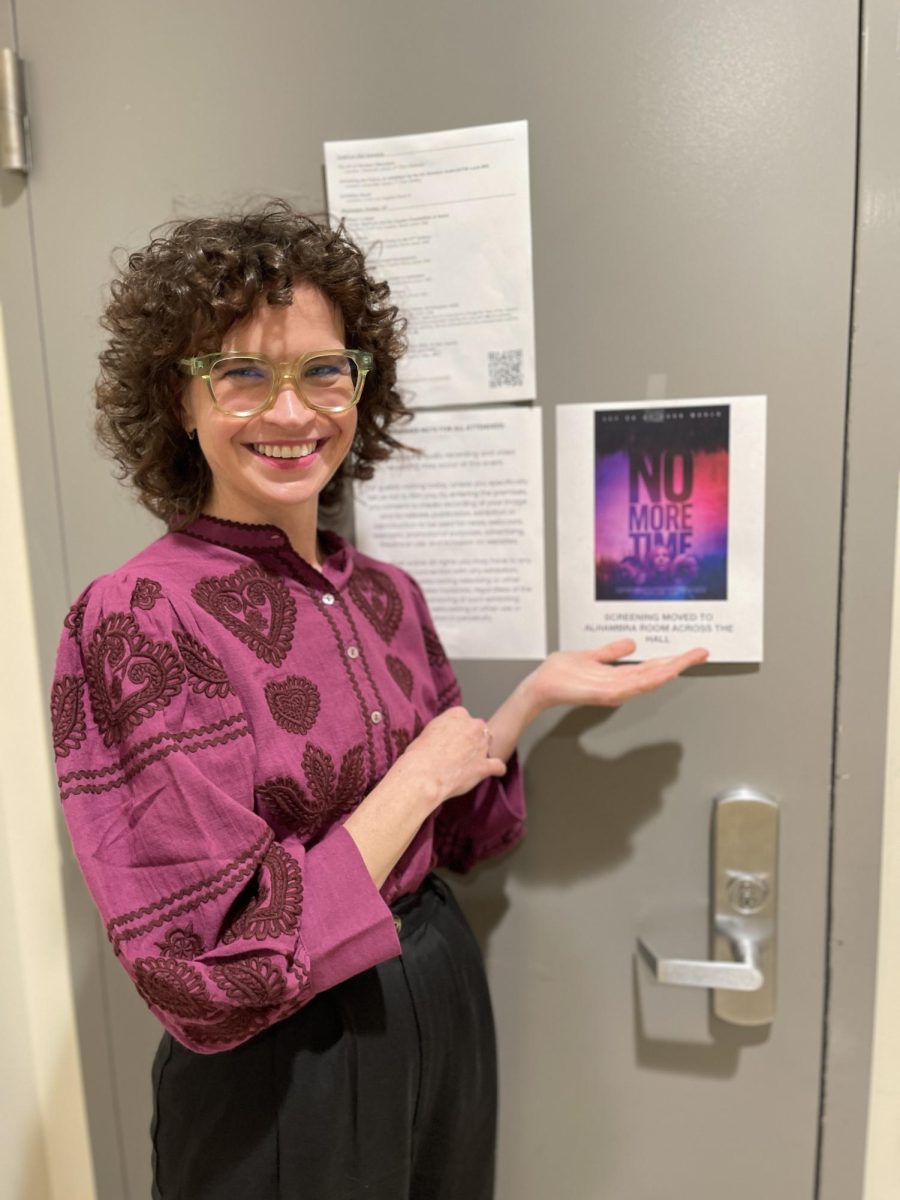Users were in for quite a surprise on Jan. 18 when the popular social media app TikTok pulled its plug early, before a federal law banning the platform could go into effect the following day. As American users opened the app, they were met with a screen announcing the ban and praising then-president-elect Donald Trump for his efforts to reverse it. TikTok reactivated the next day after Trump announced on Truth Social that he would sign an executive order reversing the ban once in office. A new message appeared for users thanking Trump for his actions.
The temporary shutdown of TikTok was a complete nightmare for American users. Throughout other social media platforms, content creators made parody videos of them reacting to the ban in comedic and melodramatic fashion. Luis Arriola, a Television, Film, and Media Studies major, said he was at a bar with his friends when TikTok went offline. Arriola said he felt what many users felt: shock to see the app go so soon.
“I did feel bad for content creators who made a living, and that’s not easy work. I think limiting that really suppresses the creative mind,” said Arriola.
The TikTok algorithm was easy for many users to obtain content, entertainment, news, and much more. Other media platforms like YouTube and Meta tried replicating TikTok’s algorithm to keep up with the competition, but users were not fond of the copy-and-paste tactic different platforms tried implementing.
Alexa Perez, a Sociology major, was also shocked when the ban took place.
“It felt like a dream at first,” said Perez. “All I would see on my screen was an error message on my phone, and that’s when I realized, no way it happened.” Perez is one of many users who heavily browse TikTok to get her news and entertainment. She was relieved when the app went back online the next day.
TikTok has been the center of attention since 2020, when then-President Trump viewed the social media giant as a threat to national security. There have been back-and-forth disputes between the U.S. government and ByteDance, the Chinese company that owns TikTok.
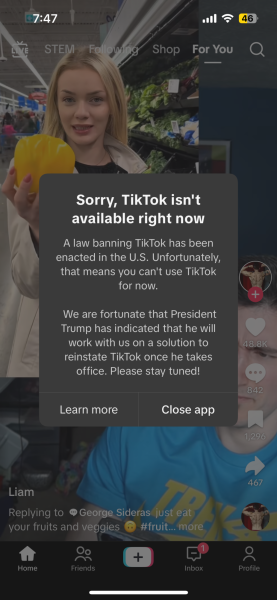
ByteDance filed lawsuits against the U.S. government, indicating that a potential ban violated its First Amendment rights. The discussion continued into the next administration, and eventually, President Joe Biden signed a bill on April 20, 2024, that rights of TikTok had to be sold to an American company or face being banned. ByteDance argued that no U.S. data was being tampered with on their platform.
American companies have tried to purchase the rights to TikTok, but no agreements have been made. Jimmy Donaldson, also known as Mr. Beast, Elon Musk, Amazon, Kevin O’Leary, and Frank McCourt were among those interested in buying TikTok. ByteDance has only considered offers ranging from $40 to $50 million into consideration. President Trump took to Truth Social to post “SAVE TIKTOK” on Jan. 19, which got almost 16,000 likes. Trump also stated that he wants the U.S. to have 50% ownership in the company.
During his inauguration, Trump announced that TikTok was back online. For now, users will get to enjoy their content for another 75 days while business owners find a way to gain full ownership of ByteDance.
This article was first published in the January 29 print edition of the University Times.

